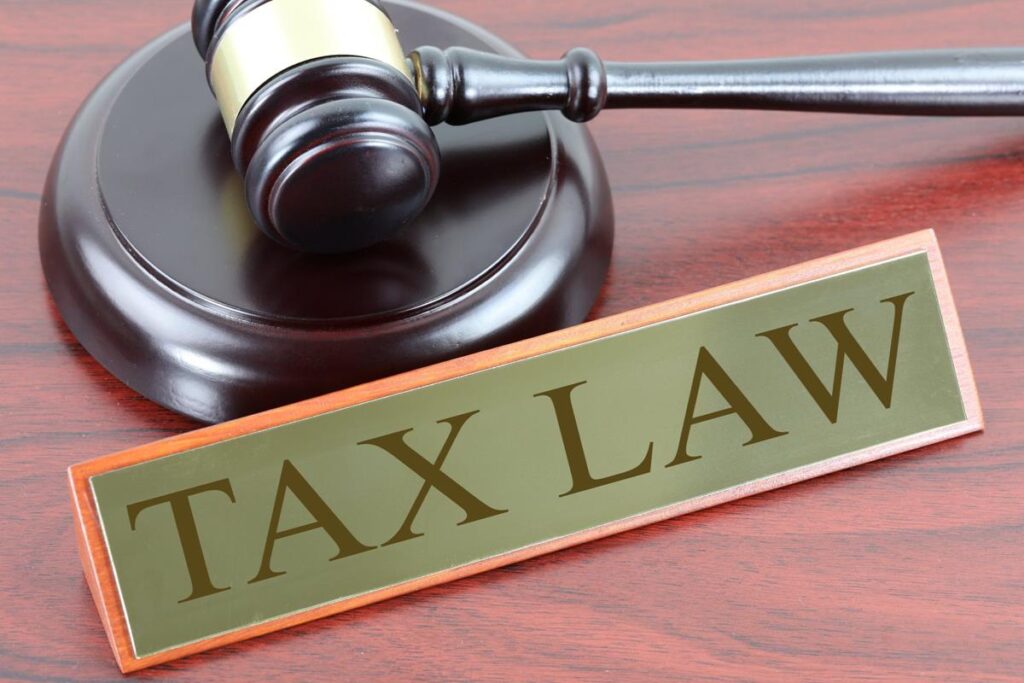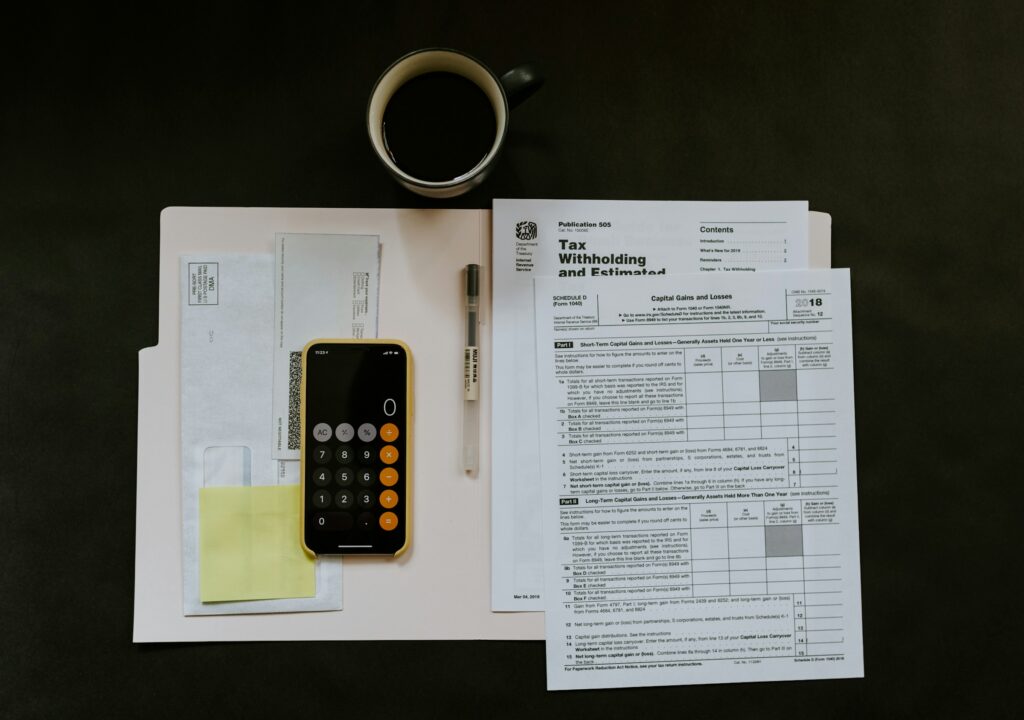
Learn how to claim rent relief in the Nigerian rent subsidy program. This provides affordable housing for tenants in Nigeria.
It is no new news that the cost of rent in Nigeria is currently on the high side. In major cities like Lagos and Abuja, housing costs families over half their income. This offers very little for food, school fees, or other expenses. However, the new 20% rent relief in Nigeria presents hope.
Under the Nigeria Tax Act 2025, you can now deduct up to 20% of your yearly rent from taxes. This change eases the rent burden and replaces old tax breaks with a clear focus on rent costs. This guide communicates how to claim rent relief and rent assistance in Nigeria as a tenant. The relief targets low and middle-income earners.
Let’s explore the Nigerian rent subsidy program and housing support in Nigeria.
What is Rent Relief in Nigeria?
Rent relief in Nigeria is a fresh tax break for tenants currently capped at ₦500,000 per year. This is not a cash handout but a deduction that lowers your taxable income by up to 20% of your annual rent. This program began with the 2025 reforms to replace grouped reliefs and target rent. Lawmakers aimed to help those who are always overwhelmed by high rents.
Before this relief, tax rules categorized all reliefs together. Now, rent is the main focus. As homeowners or those with free housing are left out, you must pay rent to qualify. The 20% rent relief is a provision under the new Nigeria Tax Act (NTA), 2025.
Are you Eligible for the Nigeria Rent Subsidy Program?
The Nigerian rent subsidy program is officially a 20% rent relief under the new Nigeria Tax Act 2025. It fits you as a tenant looking to ease the tax burden. To claim it, you need to file personal income tax each year. Your rent must be proof, such as a lease agreement, bank transfer records, or receipts confirming payment.

Individuals
Individuals are eligible for the Nigerian rent subsidy program. They are employees or self-employed who pay rent for their primary residence. Whether you’re a teacher or a freelancer, as long as you are renting your main home, you likely qualify.
Low- to Middle-income Earners
Low to middle-earners are also eligible for this program. They get the most relevant benefit, as it lowers their effective tax rate. For example, if you earn ₦3-6 million annually and pay ₦1 million in rent, you can deduct ₦200,000 from your taxable income. This potentially saves you thousands in taxes.
Do you know that this rent subsidy program excludes a certain set of people? They are homeowners, high earners with rents exceeding the cap’s effective threshold, or those without proof of payment. If you do not fall into this category, you can claim this relief once per year. Even if you move homes, the relief still matters in the same tax year as long as you have valid proof for the rent paid.
Check with the Federal Inland Revenue Service (FIRS) for more updates. You will access any new guidelines or release of forms needed for 2026 when the program fully begins. This program supports fair housing and supports workers even in cities. The relief is aimed at simplifying taxes and supporting Nigeria’s workers in a tough economy.
Now, how do you claim this rent relief?
How can you claim this Rent Relief?
If you are eligible for the Nigerian rent subsidy program, you can claim this relief. Here is how to lower your taxable income.
1. Gather Your Rent Papers
To claim this rent relief, your first step should be gathering your rent papers. Arrange your lease agreements and payment receipts together. Bank transfer records that clearly show your name, the rental address, and the amount paid for the year are also acceptable. You need to keep these rent papers safe, as the tax office will need them to verify your claim.
2. Calculate Your Relief
Once you can fully account for your documents, calculate your relief. Deduct 20% of your annual rent payment. If you have a higher yearly rent and the 20% rent relief goes over the ₦500,000 cap, you claim the lower amount.
For example, if you pay ₦1,000,000 in rent, 20% is ₦200,000. But if your rent is ₦3,000,000, 20% is ₦600,000. This is obviously above the cap, and you can only claim ₦500,000. You can also use an online PAYE calculator or ask a tax professional to confirm your numbers.
3. Fill your Tax Return
You can file your tax return by March 31 each year. Make use of the FIRS form for deductions. Fill in your rent details clearly in the section for rent relief when the form is available.
If you’re an employee, your employer may handle PAYE filing; be sure to share your rent details with their HR team. Self-employed folks need to file directly with the FIRS. Make sure your numbers match your documents to avoid delays.

4. Submit Evidence
The tax office checks for fake documents. Approved claims lower your tax bill right away. Submit your lease agreement, receipts, or bank records through the FIRS portal or at a tax office when filing. FIRS may follow up if they need proof, so keep copies of all your documents.
Processing usually takes a few weeks. However, once your tax is approved, you will see tax savings. For extra help, check with FIRS or a tax consultant to ensure your claim goes smoothly.
Conclusion
Rent relief in Nigeria can transform your life. It cuts off tax loads and frees up cash for you. From finding out how rent relief works to how you can claim this relief, this affordable housing Nigeria tool eases burdens. Follow the steps to claim yours today.
Ready to claim rent relief in Nigeria? Join the SimplVest newsletter for housing support in Nigeria tips.












